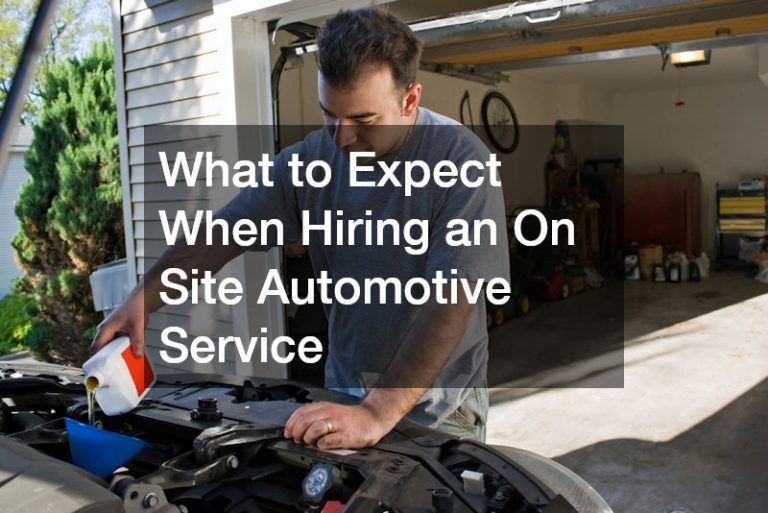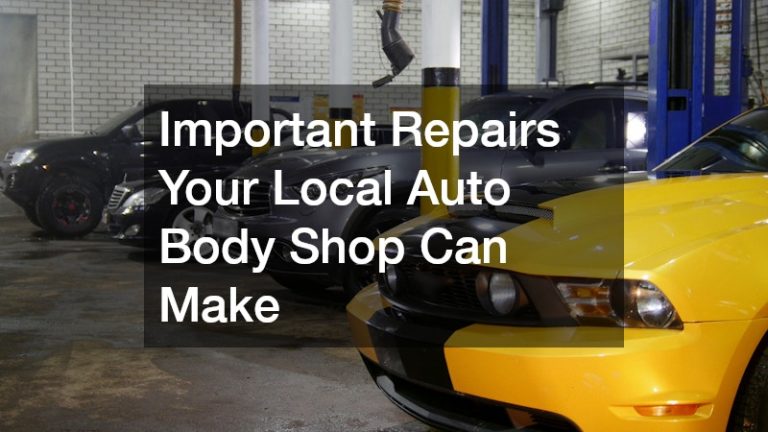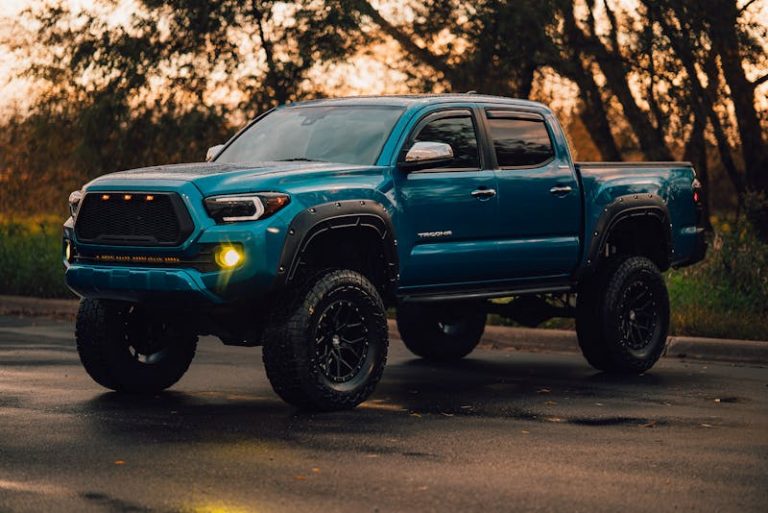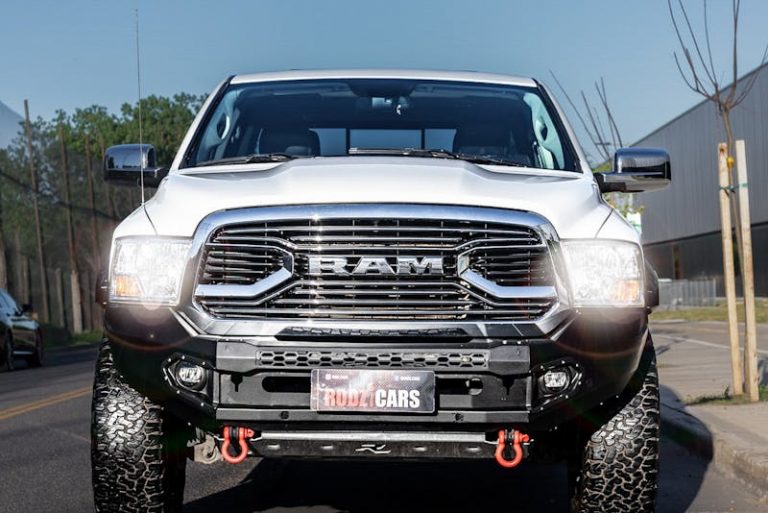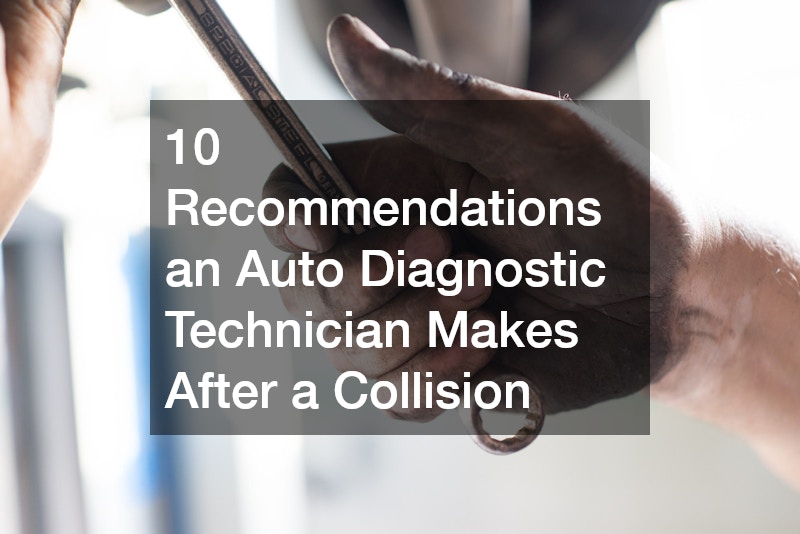

After experiencing a car collision, it is crucial to ensure that your vehicle is in optimal condition before hitting the road again. While some damages might be evident, others could be hidden and cause severe problems if left unchecked. This is why it is essential to visit an auto diagnostic technician post-accident. These professionals specialize in identifying both visible and concealed damage that may compromise your vehicle’s performance and safety. Beyond the immediate safety concerns, ensuring proper inspection and repair can prevent further damage and potentially costly auto repairs in the future. At a reputable auto repair shop, technicians will utilize advanced diagnostic tools to thoroughly examine your vehicle, making sure no issue goes unnoticed. Ultimately, taking this step is not only an investment in the longevity of your car but also a significant factor in your safety and that of other road users.
1. Get Your Tires Replaced
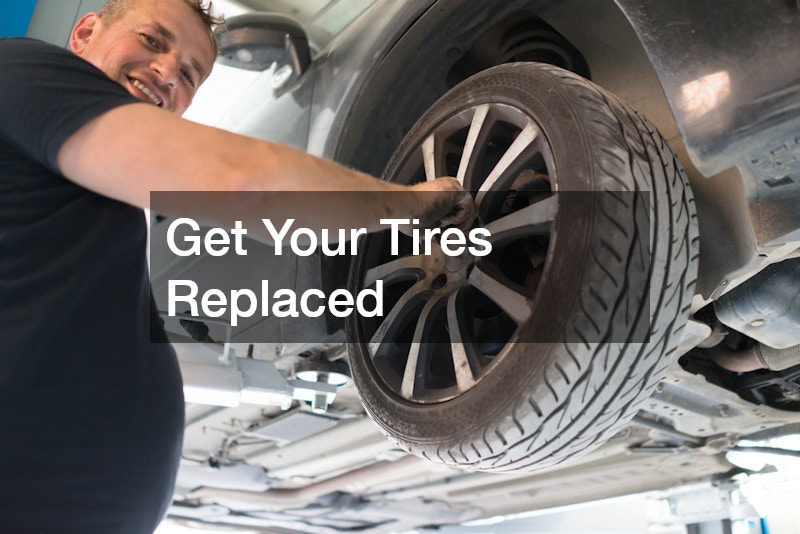
The significance of tires after a collision cannot be overstated, as they play a crucial role in the control and stability of your vehicle. An auto diagnostic technician will often check for any tire damage or misalignment caused by the impact. When you seek local auto repairs, professionals can recommend whether a simple tire rotation or a complete replacement is necessary.
Damaged tires can lead to reduced traction, making it dangerous to drive, especially in adverse weather conditions. Moreover, misaligned wheels can cause uneven tire wear, affecting the vehicle’s handling and fuel efficiency. It’s always advisable to have your local auto shop replace your tires to ensure optimal road safety.
In addition, replacing tires after a collision ensures that there are no hidden punctures or structural damage that could lead to a blowout. This precaution should not be overlooked, as it is vital for your safety on the road. Tires are too critical to risk – trust a professional to assess and replace them as needed.
2. Seek Body Damage Repairs
Post-accident, the external aesthetics of your car might be the most noticeable issue, but addressing body damage is about more than appearance. An auto diagnostic technician will evaluate the extent of the damage and propose essential repairs at an auto body center. This ensures the integrity of your car’s frame and overall safety features.
Structural integrity compromised by a collision can affect the vehicle’s resilience in future impacts. Additionally, unresolved body damage might lead to rust, which weakens the vehicle over time. This is why visiting an auto body center is imperative to restore your vehicle to its pre-collision condition.
Quality collision repairs are paramount, as they help maintain a vehicle’s resale value and longevity. An auto technician will facilitate these repairs, ensuring that your car’s aesthetic and functional performance are preserved. Protect your investment by seeking out skilled professionals for your body damage repairs.
3. Have Your Brakes Fixed
Brakes are a vehicle’s first line of defense against potential accidents, so ensuring their functionality after a collision is critical. An auto diagnostic technician will perform a detailed inspection and necessary brake repair to guarantee your vehicle can stop efficiently and safely. This inspection involves evaluating brake pads, calipers, and rotors to ensure they aren’t worn out or damaged.
Failure to properly address brake issues after an accident can lead to reduced stopping power, increased stopping distances, and ultimately, another accident. Therefore, addressing brake repair with urgency following a collision is vital. You can have peace of mind knowing that your vehicle will react appropriately in emergencies.
Besides safety, maintaining fully functional brakes contributes to your car’s overall performance and reduces wear and tear on the brake system. By visiting an auto repair shop, you can ensure that any hidden damage is identified and repaired promptly. Preserve your safety and enhance vehicle performance by addressing brake issues urgently.
4. Consider Preventive Measures
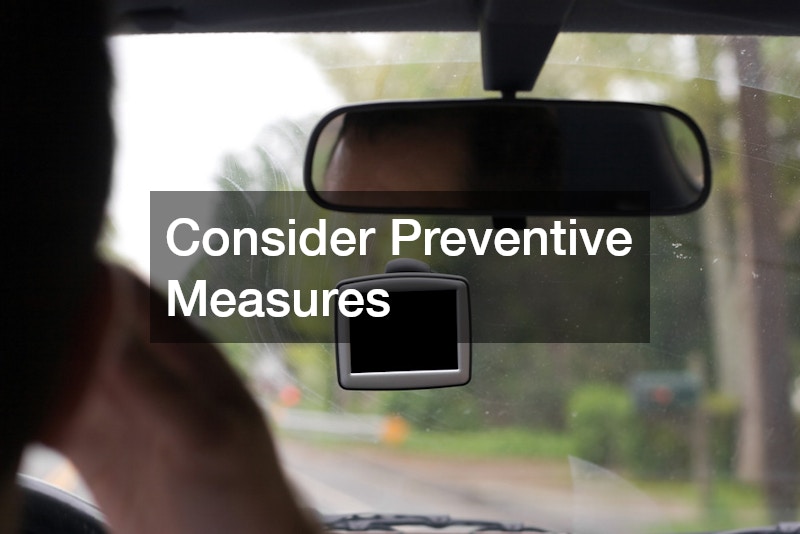
While reactive repairs are essential after a collision, considering preventive measures can enhance your driving experience and safety. An auto diagnostic technician may suggest auto tinting as a beneficial addition. While it may seem purely aesthetic, auto tinting offers multiple practical safety advantages.
Tinted windows can significantly reduce glare from the sun and headlights, decreasing eye strain and improving driver visibility. Moreover, auto tinting can block out harmful UV rays, protecting both the car interior and passengers from sun damage. It also adds a layer of privacy and can help prevent potential break-ins.
Adopting such preventive measures reflects a proactive approach to vehicle safety. Along with added safety, these enhancements can provide comfort and protect the car’s interior over time. Discuss these options with a qualified technician to understand the best solutions for your vehicle.
5. Choose a Collision Specialist
Opting for a collision specialist who understands the intricacies of post-accident repairs can make a significant difference in restoring your vehicle. An auto diagnostic technician with expertise in collision repairs will have the technical skill and diagnostic equipment necessary for comprehensive care.
Collision specialists can handle everything from minor cosmetic issues to complex structural repairs, ensuring your vehicle meets safety standards. With their experience in auto repairs, they guarantee the proper alignment and calibration essential for modern safety features. Visiting a collision specialist can ensure that repairs are thorough, accurate, and durable.
Moreover, these professionals are adept at working with insurance companies to streamline claims processes. This expertise ensures you receive appropriate repair compensation, making their services indispensable in post-collision scenarios. Trust experienced auto repair professionals for competent and thorough collision restoration.
6. Add Protective Features
Enhancing your vehicle with additional protective features post-collision is a smart move for preventing future damage. An auto diagnostic technician may recommend the application of paint protection film (PPF) to preserve your vehicle’s exterior. This film acts as a durable shield against scratches, abrasions, and environmental damage.
PPF can also help maintain the pristine appearance of your car by preventing paint fading and oxidation. Beyond aesthetics, this investment keeps your vehicle looking newer for longer, preserving its resale value. This long-term protection can save you significant repair costs down the line.
Embracing such innovations as PPF underscores a commitment to maintaining the vehicle’s quality and longevity. Drivers who opt for this addition can enjoy peace of mind against minor damages that naturally occur over time. Consult with a technician about the best protective feature options for your vehicle model.
7. Assess Cracks and Chips
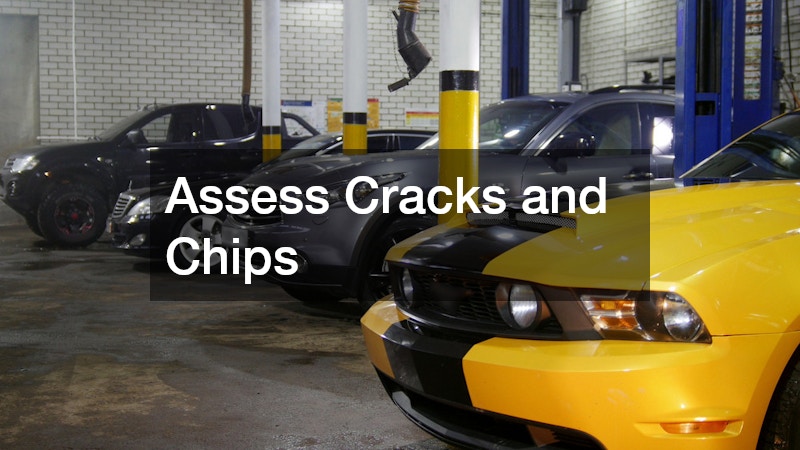
After a collision, addressing cracks and chips in your vehicle’s glass is crucial. An auto diagnostic technician will closely inspect your windows and windshield, often recommending the assistance of an auto glass company for professional assessment and replacement.
Tiny cracks can quickly expand due to temperature fluctuations, vibrations, or further impact. Besides being unsightly, compromised auto glass poses safety risks by impairing visibility or shattering upon impact. Getting a professional inspection is the best way to avoid potential safety hazards and expensive replacements.
An auto glass company can provide high-quality repair or replacement services, ensuring the continued structural integrity of the glass. These services often include warranties, providing additional reassurance. Prioritizing glass assessments helps keep drivers safe and vehicles legally roadworthy.
8. Ensure Engine Safety
An overlooked aspect of post-collision assessment is ensuring engine safety. An auto diagnostic technician should evaluate your engine thoroughly to identify any potential problems that might have arisen from the accident. An auto engine repair that is done correctly can avert future mechanical failures.
The aftermath of an accident might bring about issues such as leaks, misfiring, or damaged engine components that can escalate if not treated. These unaddressed issues could significantly affect your vehicle’s fuel efficiency and performance. Prevent further complications by seeking immediate auto engine repair services.
Prioritizing engine assessments prevents unforeseen breakdowns and prolongs the life of your vehicle. By addressing potential problems upfront, drivers can avoid extensive repairs and maintain optimal vehicle performance. Ensure peace of mind by having a qualified technician assess your engine safety post-collision.
9. Hire a Professional
Professional help is indispensable when dealing with post-collision repairs. An experienced auto technician can provide detailed evaluations and essential repairs, such as shock rebuild, ensuring your vehicle’s optimal performance and safety.
Shocks and struts are critical for vehicle stability and control, absorbing impact from road conditions and enhancing driving comfort. A compromised system can lead to poor handling, making a shock rebuild necessary after an accident. Trusting professionals ensures peace of mind as they correctly install and calibrate these components.
Reputable technicians assure high-quality results, minimizing the risk of future vehicle issues. Employing their skills also ensures warranty requirements and safety standards are met. Invest in professional auto repair services to maintain a safe and reliable vehicle.
10. Update Your Insurance

After dealing with the physical repairs, it’s crucial not to overlook updating your insurance coverage. An auto diagnostic technician can provide documentation to assist with claims, where insurers might need proof of damage and repair. Keeping your policy updated allows for reimbursement and ensures compliance with contractual obligations.
Updating your insurance after a car crash is essential in maintaining protection against future accidents. It helps you review your coverage options and adjust them according to any newly uncovered needs or changes. This could include increases in premiums or adjustments specific to enhanced vehicle features.
Consulting your insurance company and promptly providing them with necessary repair documentation smooths the claims process. A proactive approach to insurance ensures that you receive the maximum benefits entitled to your policy. Safeguard your interests by keeping your insurance information updated and accurate.
A collision often requires more than meets the eye, with numerous elements of your vehicle warranting close inspection and potential repair. Consulting an auto diagnostic technician ensures these essentials, such as tire replacement, body damage repairs, and brake repair, are handled expertly. Investing in preventive measures and protective features further prolongs your vehicle’s usability and increases safety. Moreover, professional assistance and insurance coverage updates are essential to navigating post-collision scenarios effectively. Address each recommended step to guarantee your car’s performance and safety while resuming your journey confidently.
